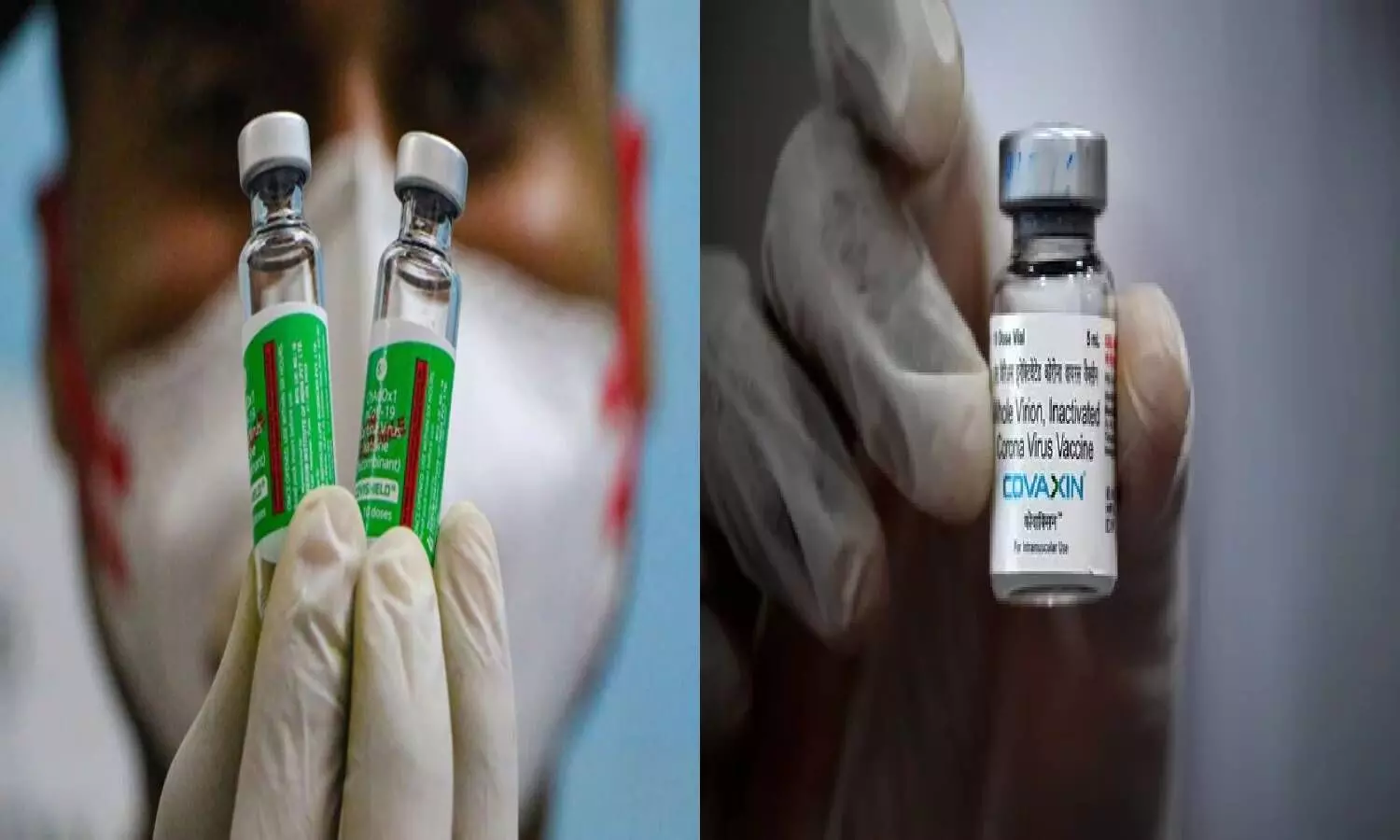Hyderabad: The Union ministry of health on Thursday said it is "unlikely" that there will be any significant adverse effects if a person is administered two different COVID-19 vaccines.
Earlier this month, 20 UP villagers were given Bharat Biotech's Covaxin when they went for their second dose. In April, for their first vaccine dose they had been administered Covishield.
Dr. V.K Paul, member (health) of NITI Aayog, said that according to government protocol, a person will be administered two doses of the same vaccine. He added that if a person is administered a different vaccine as second dose, it is unlikely there will be any significant adverse effect. While some studies have claimed that mixing vaccines improves immunity, health officials should make sure that people get the same vaccine, said Dr. Paul.
A Spanish study has suggested that mixing AstraZeneca and Pfizer vaccines (first dose of Pfizer followed by AstraZeneca vaccine) is likely to boost immunity to COVID-19, although experts say no one should hold out for a hybrid inoculation.
The peer-reviewed medical journal "The Lancet" also published findings from an Oxford and Nottingham University study involving more than 460 participants that showed an increase in immunity when a Pfizer inoculation followed an AstraZeneca jab.
https://www.thelancet.com/journals/lancet/article/PIIS0140-6736(21)00677-2/fulltext
The recently-published Lancet paper showed that "in this interim safety analysis, we found an increase in systemic reactogenicity after the boost dose reported by participants in heterologous vaccine schedules".
However, the study has yet to show how well such a cocktail might defend against the virus.
Researchers and public health officials across the world are figuring out if mixing two vaccines can help low- and middle-income nations cope with the scarcity of doses, but there is still concern over possible side effects and if the cocktail will actually protect people from the COVID-19 virus.
